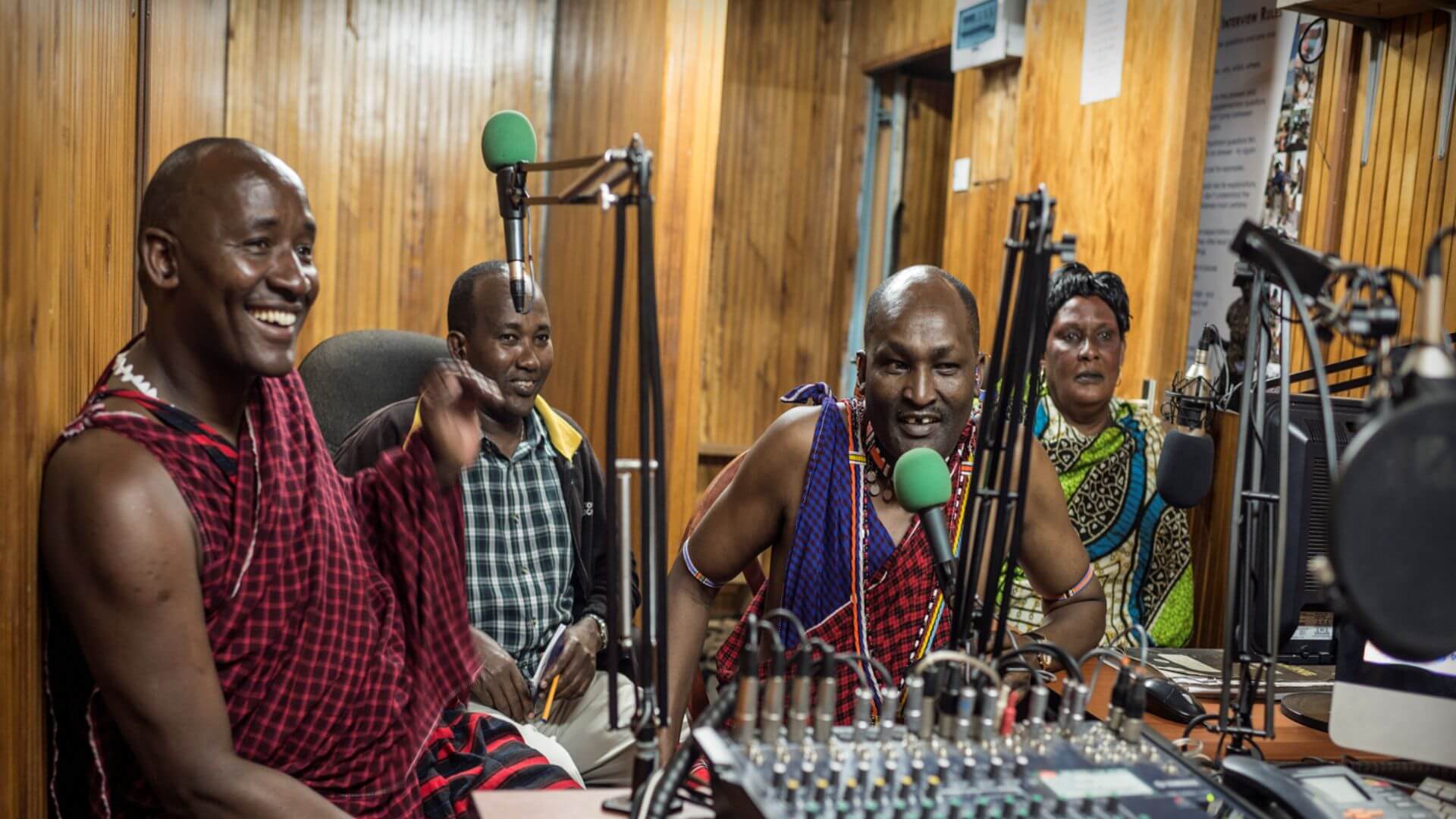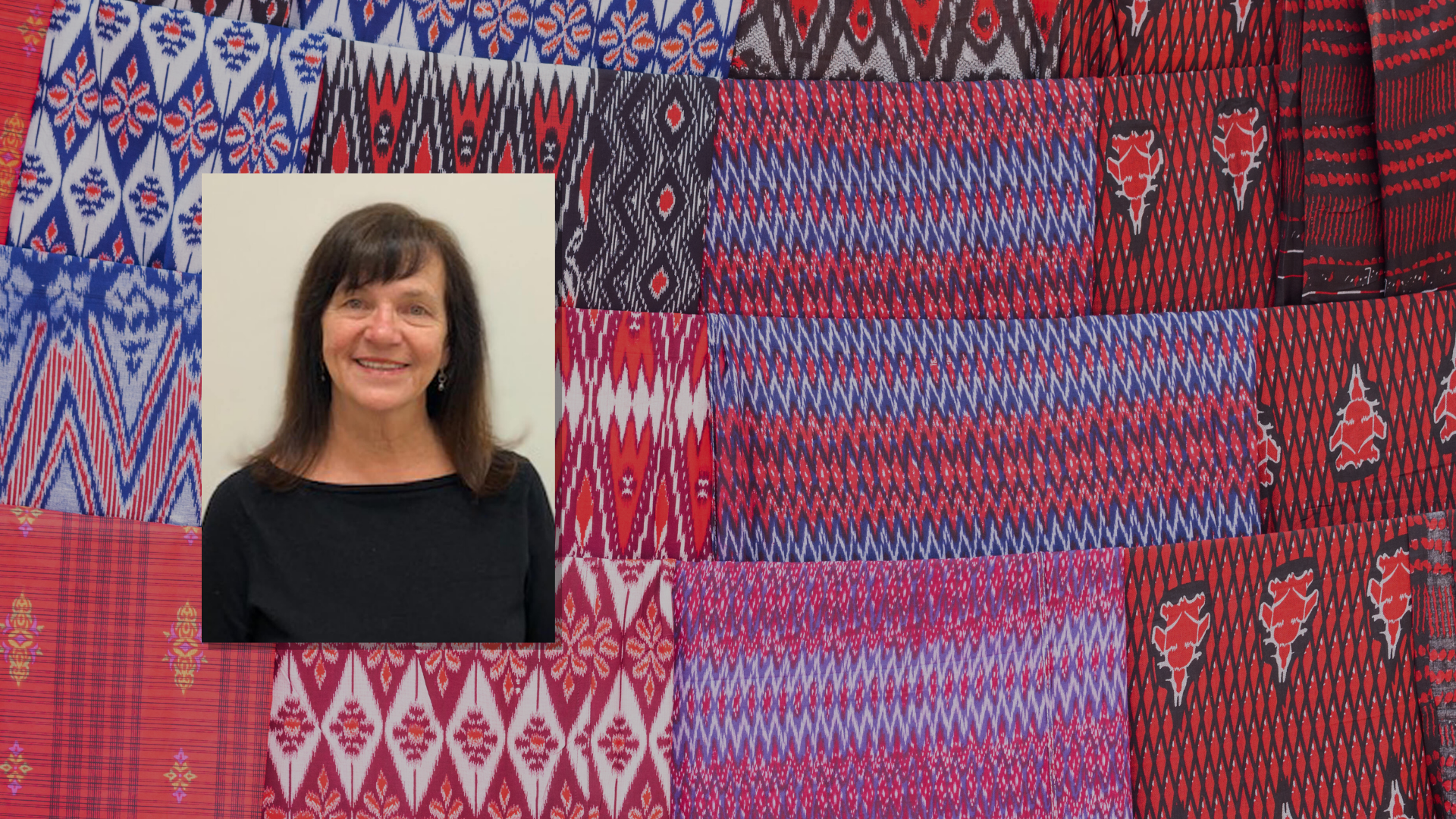Professor Brindle holds a PhD, post-doctorate and Master of Public Management from Carnegie Mellon University, and BS in management from Point Park University.
She has been a professor for 25 years teaching predominantly in Master of Public Administration programs and holding tenure at George Mason University. She teaches a wide variety of courses at SPP in the executive education program in leadership; entrepreneurship; and organizational behavior; at the National Reconnaissance Office Leadership; and at the MPP level, international development; leadership and the capstone project course. She also enjoys teaching our Chinese cohort in leadership and undergraduate leadership. In her career, she has taught over 140 full semester courses to a range of audiences including the US Naval Academy leadership program.
Brindle has written five books, most recently Social Entrepreneurship for Development, by Routledge Press, including 10 workbooks on a trade method utilizing intellectual property business strategies. She works with the Maasai tribe of Kenya and Tanzania, and women in Uganda. She has received several million dollar grants for education and for enabling the co-founding a support organization, The African IP Trust.
She has been director of education for an Ashoka Fellow developing training materials and leading workshops to government trade ministers and stakeholders leading program teaching in Zanzibar; Kenya; Tanzania; Uganda and Ethiopia.
Her work has been generously funded by the US Patent and Trademark Office; the US Trade Representative Office; Comic Relief; and The Kellogg Foundation. Brindle serves on the editorial review boards of the Journal of Fair Trade; Journal of Management Education and Issues in Qualitative Organization Research.
- Social entrepreneurship; organizational behavior & leadership; policy; international development; intellectual property business
This course aims to inspire, teach and engage students in the theory and practice of public leadership from the local to the national to the global level. Students will learn and apply diverse approaches to leadership in a multicultural society while developing an understanding of key frameworks and practices necessary to foster collective action across private, public, and nonprofit sectors. Students will also explore and assess their own personal values, beliefs, and purpose as they develop their leadership potential. Finally, students will understand the leadership skills and challenges particular to their role as a future policymaker.
Schedule of Classes
Restricted to PLCY majors or permission required.
Schedule of Classes
Students undertake a complex policy or management challenge on behalf of a client, often of their choosing.
Emphasizes how understanding group and organizational life is a critical leadership competency. Using both practical and theoretical approaches, lectures, discussions, case studies, videos, surveys, readings and experiential activities, it examines the dynamics associated with the exercise of leadership and authority in organizational settings.
Schedule of Classes
Building on their work in PLCY690, students undertake and present a complex policy or management analysis on behalf of a client, often of their choosing.
Schedule of Classes




